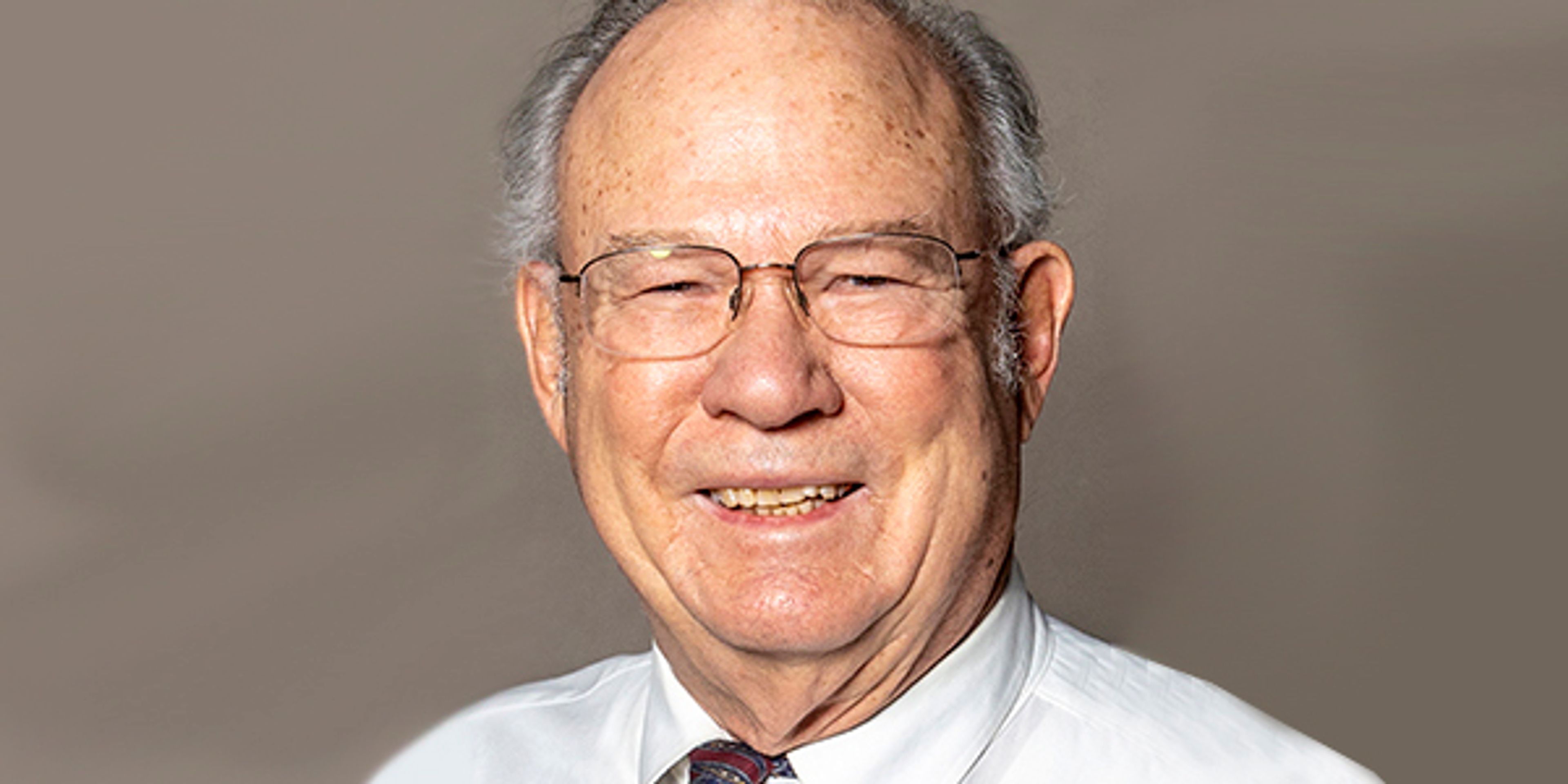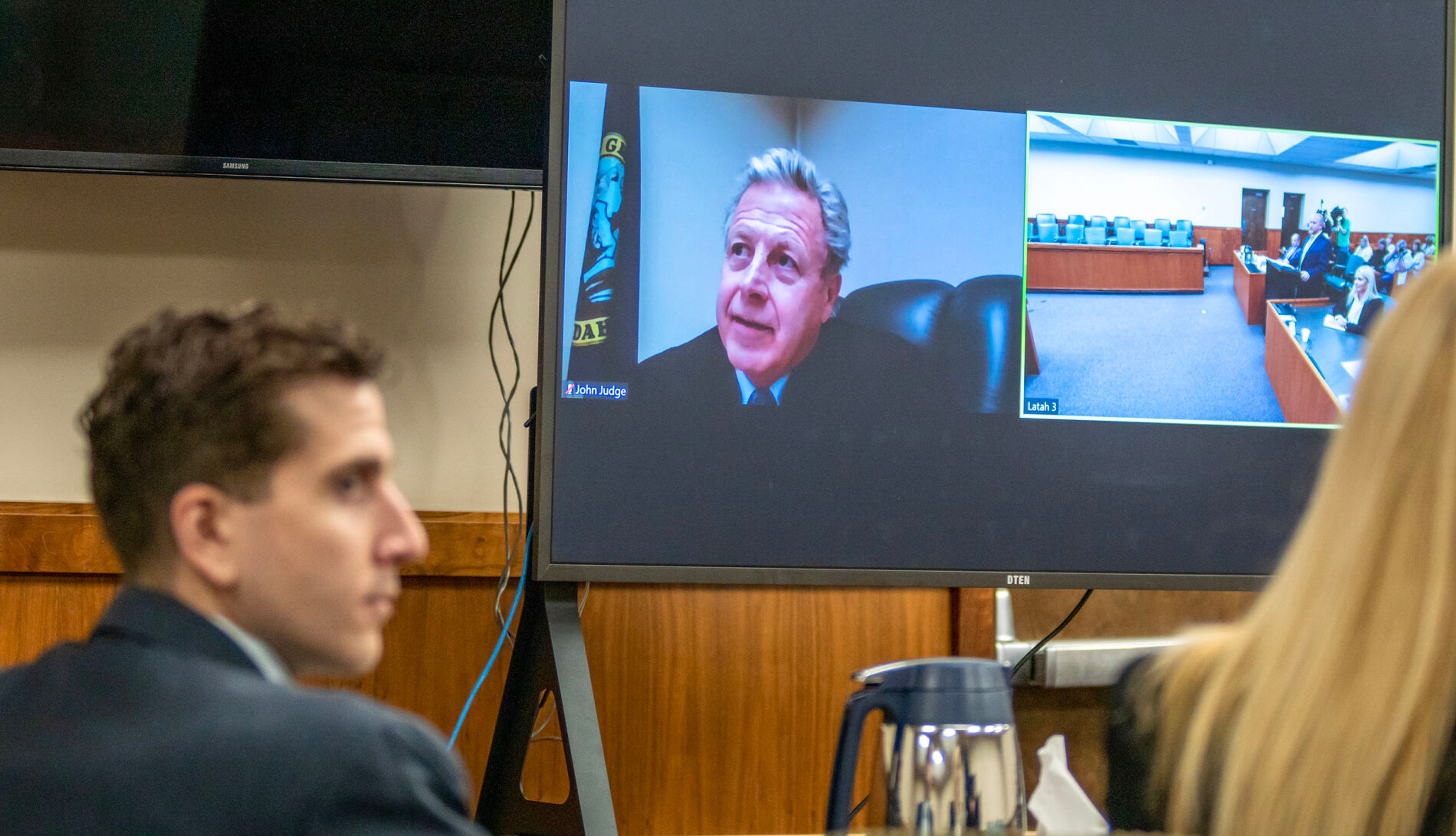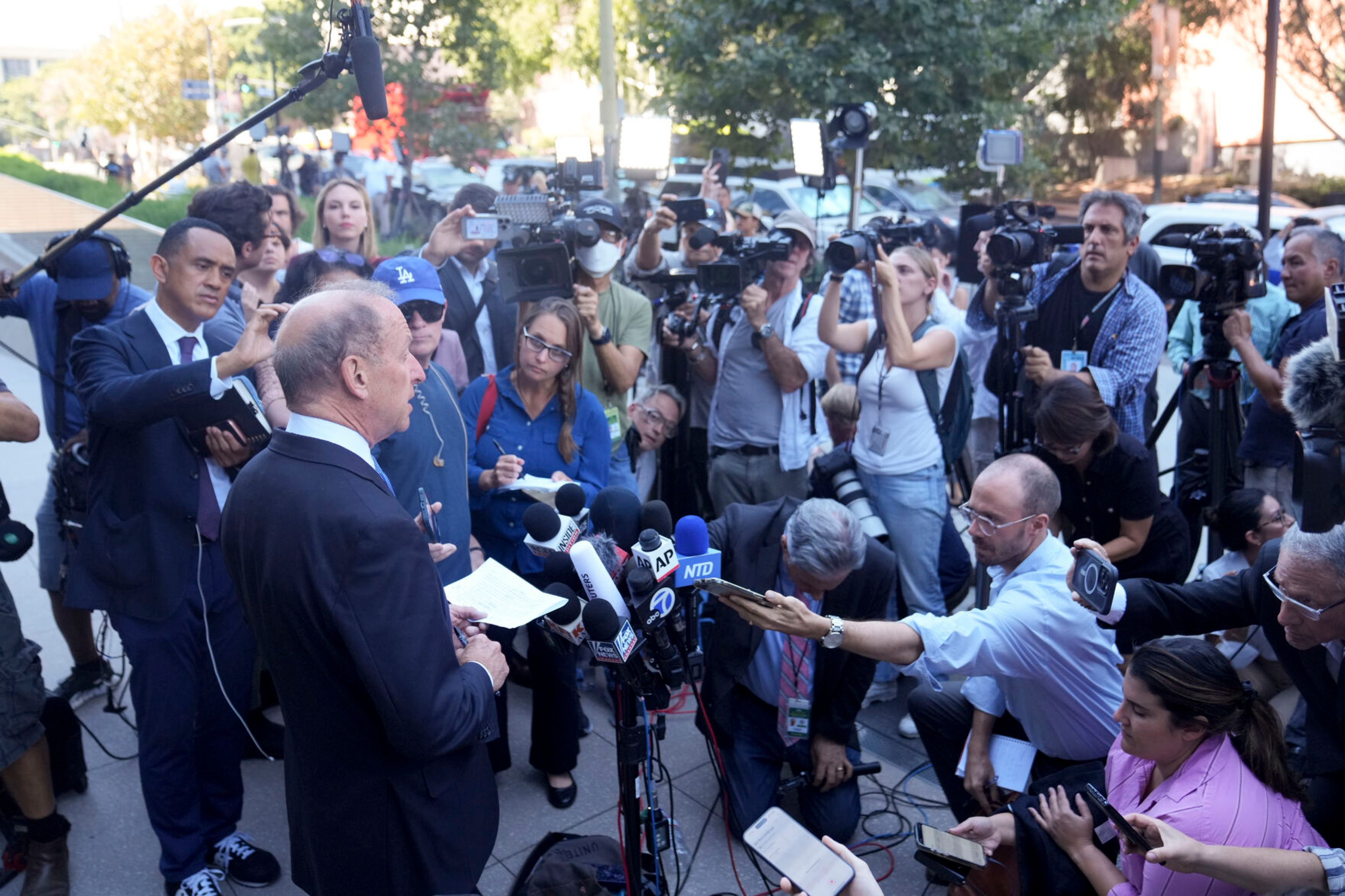OPINION: Transparency, responsibility start with phone calls
The flip side of individual freedom is individual responsibility. All of us should have the right to say and do what we want to do, but only if it doesn’t harm someone else.
The weight on the other end of the seesaw from “rights” is “responsibility.” Responsibility is considering whether you will harm someone else.
Applying that consideration to phone calls could provide a solution to one of the most irritating aspects of modern life — unsolicited and unwanted phone calls. A simple way to reduce drastically the number of those annoying intrusions into our lives would be to require anybody or any organization to identify themselves in a call; i.e., to be responsible for the call.
Then, when the phone rings, it might be someone who genuinely wants to talk to you. No spam calls from people pretending to be Amazon Customer Service, no polling calls leading to fraudulent sales pitches, nor any solicitations from some semi-mythical police charity that will keep 90% of donations for “administration.”
This is for the simple reason that when the phone rings, or pings, you will know immediately who is calling.
In New Jersey, they now have what some call the “Seinfeld Law” after an incident in the TV sitcom when Seinfeld asks a telemarketer — unsuccessfully — if Seinfeld could call the guy back on his home phone. The New Jersey law from May 2023 “requires telemarketers to provide the name, mailing address and telephone number of the person on whose behalf the call is made within 30 seconds of a call.” The law was passed unanimously in both the New Jersey Senate and General Assembly (S912/A1545).
If New Jersey can do it, Idaho and Washington can. Idaho did make a weak attempt with the Idaho Telephone Solicitation Act in 2005. Washington tried harder in July last year. Probably anyone can now testify about its effectiveness, or lack of same. One of its problems is the burden is placed on the public to complain by requesting that a number be placed on an Idaho, Washington or national no-call list. We all know that such a “whack-a-mole” approach doesn’t work.
Responsibility starts with the caller. The potential scammers should be required to do the work, not the victims. If you drive down the road, you need a license that identifies you and certifies that you are competent to drive without harming someone else (or yourself). The same should hold for anyone using a telephone. They need to identify themselves. The public should be protected, not the scammers.
Such transparency makes it possible for individuals, groups and the legal system to act in response to wrongdoing. Local press attention, public campaigns, public police warnings and legal action are all more possible if the scammers are publicly identified. In addition to putting some serious fines into place, based on the number of scam calls made, there needs to be mechanism to deny the scammer all access to telephones. If you know their names, you can shut them down. The law will need teeth.
When I received a call from the “Amazon Security Department” last year, they asked if I had made a large purchase earlier that day for $3,500. I said “no,” but was very concerned that someone was hacking my account. While we talked, it took me a while to remember that I didn’t have an account with Amazon. I do all my Amazon orders on my wife’s account. The call was a very sophisticated way to get me to talk to their “credit” department to confirm financial information. Once my anxiety wore off, I remembered to ask them for the telephone number, so I could call their “credit department.” And they hung up. They didn’t want to identify themselves and take responsibility.
Why did the scammers spend their time and perfect American accents to call me? Because I am an old guy and a better “mark.” Not only because I’m old, but because old people still answer their phones. It took my millennial daughter to remind me that no one younger than the age of 40 answers the phone. If they need to talk to someone, they text first, set up a phone call and then call. If you don’t want to be scammed, or waste your time ranting at the scammer, just don’t answer your phone.
Wouldn’t it be better if you could answer your phone, because you would know that the person calling would have to identify themselves? By being accountable, they would be responsible for their actions.
That accountability could be much more a part of public life. Our society would work better if newspapers published understandable lists of politicians’ votes before elections; if public information officers answered questions about their bosses’ decisions; and if all media provided a coherent way for readers/listeners to respond to pundits’ (ahem) columns, as some media sites do online.
Let’s start with holding scammers’ feet to the fire, and work on other specific ways to bring accountability into our daily lives. Attention, state representatives: Check out the Seinfeld Law.
Nelson lives in Moscow where he volunteers for the Kenworthy Performing Arts Centre and supports libraries.









